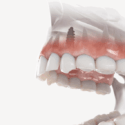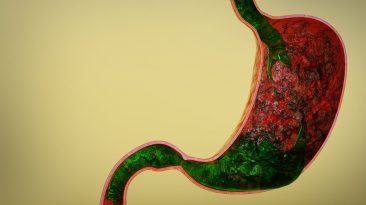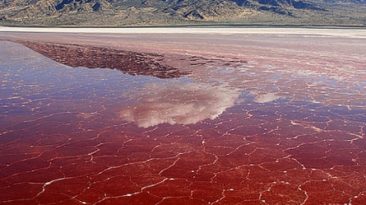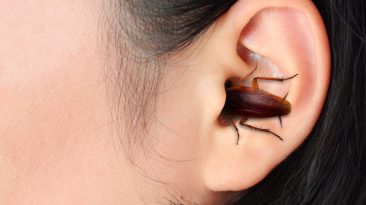There are all kinds of chemicals we add to swimming pools to keep them sanitized and clean. But if you want to enjoy a refreshing dip and not a dangerous bromine bath, you’d better look before you leap. How much bromine would be too much? Why would things go wrong before you even get in the pool? And what effects would the excess bromine have on your body after you dive in?
You might not know this, but bromine is all around you. It’s in fumigants, dyes and pool sanitizers. It’s even added to citrus-flavored soft drinks, like your favorite orange soda. Bromine is similar to chlorine, another commonly used pool sanitizer. And it has a particularly appealing smell like bleach.
This chemical looks like a dense brownish-red liquid, and it boils at the low temperature of 58 °C (136 °F). It’s most effective when used in hotter water, like in hot tubs. But be careful how much you use. For your safe pool party, you only need up to 0.4 g (0.014 oz) of bromine for every 1,000 L (264 gal) of water. That’s a concentration of 4 ppm, or 0.0004%.
So if you jumped into pure bromine, how soon would you burn your skin off? You’d be in danger before you even dip your toes in the pool. First, you’d see a reddish vapor rising from the bromine. The insides of your mouth and nose would start stinging as the gas irritates your mucous membranes. Your eyes would be pretty irritated too.
Try not to look too embarrassed about all the tears streaming down your face. You’d already look like quite a mess, and you haven’t even gone for your first splash yet. On the edge of the pool, you’d try to take a deep breath. Instead, you’d start to cough. That’s because inhaling bromine could cause a laryngeal spasm.
Your vocal cords would close up and block the airflow into your lungs. The vapor would already be doing significant damage to your lungs. They could even be filling up with excess fluid, resulting in pulmonary edema. Luckily for you, it would take a few days of breathing in that stuff before you develop that condition.
Meanwhile, you’d feel like you’re drowning while standing on dry land. Maybe diving in would give you some relief? For an instant, yes. As your body hit the liquid, you’d feel a cooling sensation. And then, almost immediately, you’d feel like your skin was burning off. That’s because bromine would give you serious chemical burns. It’s highly corrosive.
Oops. I probably should have warned you. But now it would be too late. The chemical would be penetrating deep into your skin and muscle tissue. Many of your skin cells would start dying. You’d panic and accidentally swallow a gulp of pure bromine. Suddenly, your stomach would cramp up. The same damage that you just did to your skin would be happening inside your body.
The bromine would be burning your stomach lining, which could lead to gastrointestinal perforation. In other words, this stuff you just swallowed would be burning a hole in your stomach. You’d want to swim out of that pool and get to a hospital as soon as possible. Otherwise, the contents of your abdomen could leak, causing a severe infection.
You’d struggle against the pain to pull yourself out of the pool. Your entire body would become a mix of reddish-brown, even your eyes and tongue. You should jump out of your swimsuit right away to avoid further chemical damage. But you’d survive. Though you should get to a hospital as soon as possible.
Depending on how much bromine poisoned your body and how long you were exposed to it, you’d suffer from some long-term side effects. Remember, the bromine almost burned a hole in your stomach. You’d have burns all over your body. You could also experience muscular degeneration of the heart, nervous system disorders and even memory loss.
Though that might be for the best. You wouldn’t want to remember this nightmare for the rest of your life. This one swim would significantly lower your quality of life. Maybe the next time you want to get really clean, you could try jumping into something less corrosive, like a pool of hand sanitizer.
Sources
- “Bromine as a drinking-water disinfectant” World Health Organization. 2018. who.int.
- “Chlorine Vs. Bromine: What’s The Difference?”. Jackie Wolski. 2019. blog.intheswim.com.
- “Here’s Why Pools Have That Distinct Smell — And It’s Not Chlorine”. Kate Baggaley. 2016. businessinsider.com.
- “What Causes Pool Chlorine Smell & How To Get Rid Of It”. Geoff McKenzie. 2019. clearcomfort.com.
- “Your Hot Tub’s Temperature: How Hot Is Hot Enough?“. 2017. arcticspas.ca.



























